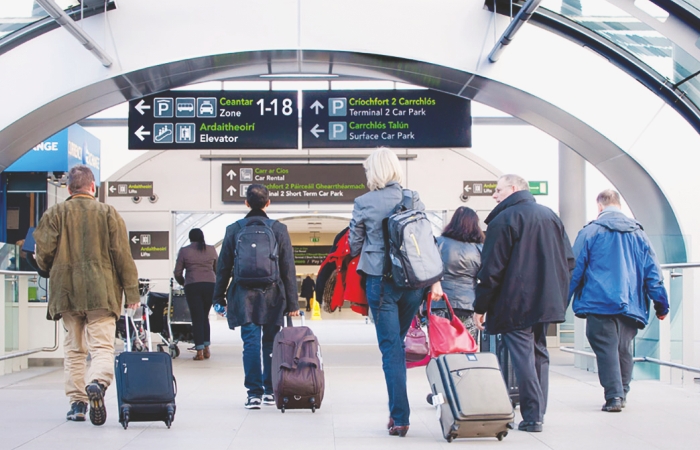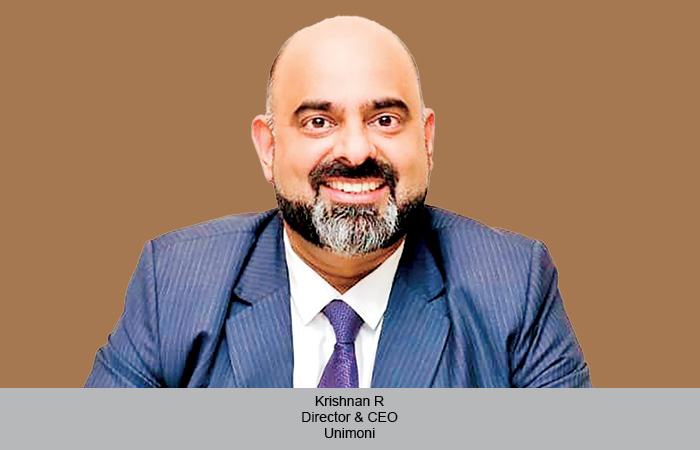Increase in connected trips, blurred lines between leisure and business travel, and an accelerated pace of change, a recent survey of decision-makers from airlines and travel agencies reveals how travel is different post-recovery from the pandemic.
TT Bureau
Travel will return to pre-pandemic levels by the end of 2024, believe over a third of airline and agency leaders, according to a recent survey on the global travel industry.
The wide-ranging study, Mapping Travel’s New Normal, identifies prominent shifts in travel. It highlights the different focus areas for airlines and agencies as both sectors seek to capture opportunities for recovery and for future growth.
The study, commissioned by Sabre Corporation, a leading software and technology provider that powers the global travel industry, and carried out by Munich-based management consultancy Dr. Fried & Partners, involved both quantitative and qualitative research with 500+ decision-makers from airlines and travel agencies. Respondents were surveyed in eight languages across 20 countries in EMEA, APAC and the USA, along with in-depth interviews with selected industry leaders.
Participants were questioned about the COVID impact on their customers and their businesses, as well as the implications for the future of the travel industry. Key findings cover the differing priorities of airlines and agencies as both sectors prepare to address potential recovery opportunities and create new opportunities for growth, as well as differences in technological investment priorities by global regions. The findings include:
More than a third of airline and agency leaders participating in the survey indicated that they believe travel will return to pre-pandemic levels by the end of 2024; a further third responded that they believe this will happen in 2025 or beyond;
- Survey results indicate that “revenge travel” – with the objective of making up for lost time – is a meaningful phenomenon, with 68 per cent of travel leaders responding that they are forecasting a higher spend from consumers on their future travel plans;
- Travel leaders report that travellers are considering more decision factors than ever before committing to a trip;
- 82 per cent of airlines executives surveyed said that they expect the combination of business and leisure to be even more prominent;
- More than half of agencies surveyed responded that they are spending more time now looking into new tools, services and technologies; this is a particular area of focus in APAC, for 71 per cent of responding agencies;
- 92 percent of travel agencies surveyed indicated that they want the support of travel technology partners to create a more seamless experience in terms of shopping, booking and fulfilment, while 89 per cent said that they want useful tools to personalise travel;
- 96 per cent of airlines surveyed responded that they expect enhanced possibilities to offer growth opportunities and improved customer service and satisfaction scores.
Talking about the survey,Darren Rickey, Senior Vice President, Airline Global Sales and Accounts, Sabre, said, “One thing that struck us as we were carrying out the research was the unprecedented pace of change in the past few months. This, of course, presents an enormous opportunity, but it also puts strains on travel businesses who must adapt their plans, processes and operations to address these potential changes.”
Key trends identified by surveyed agencies in the new research include the importance of organised and connected trips to cut through travel complexities for customers; the ongoing prominence of domestic and regional travel and the challenges (and opportunities) for business travel recovery.
Meanwhile, for airlines participating in the survey, major trends identified include increasing consumer bookings protection; the growth of “bleisure” as a catalyst for potential corporate travel recovery and offering more sustainable flight options. The survey indicates that airlines are also focused on increasing domestic and regional routes as well as how new product formats such as organised and connected trips can help optimise recovery opportunities while creating personalised experiences for travellers.
“Our latest Sabre research has highlighted a degree of optimism across the travel ecosystem,” said Andy Finkelstein, Sr. Vice President, Global Agency Sales and Corporate Solutions, Sabre. “However, it also suggested that not all travel leaders may be ready for these potential changes if they happen quickly,” Finkelstein added.
 TravTalk India Online Magazine
TravTalk India Online Magazine





